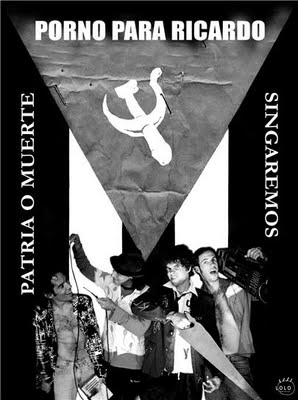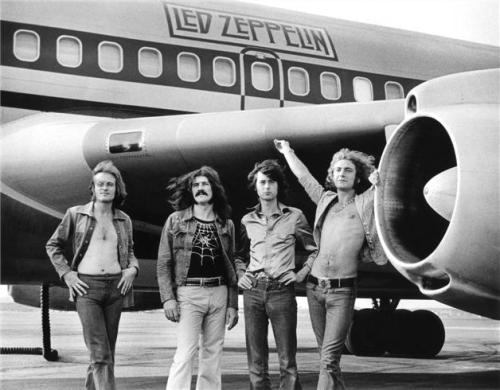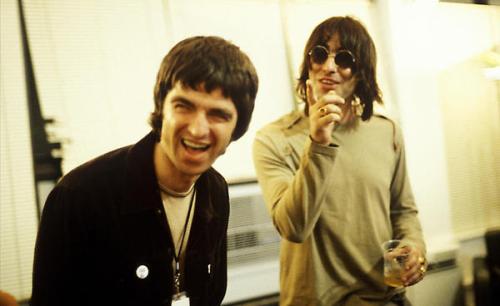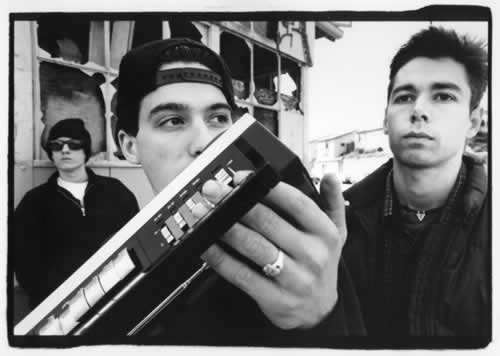
Clearly The Grain is today honouring Shakira in all her convoluted glory and, having only just managed to tear my eyes away from the hedonistic visual treat that is the video for ‘She Wolf’ (see the post below for this sumptuous promo and a review of the album), I feel obligated to write a few words on learning, language, culture and what that has to do with Shakira being dead good.
A cursory glance at the Columbian singer would probably place her fairly snugly in the (North) American pop music category. Visual hit points covered: blonde, attractive, a penchant for provocative dancing and revealing attire. Vocal hit points: a voice that can flit from belting out high notes, to melismatic warbles, to soft-focus, heavy breathing, crooning[i]. Musical hit points: a palette of stock song types that range from up-tempo dance to slow, (either melancholic ‘love lost’ or sensuous ‘love consummated’) ballads. There is also a dalliance with rock guitar and, latterly, with synths and vocoders. Lyrical hit points: sexual, again, flitting between defiant independence and submissive desire – but, most importantly perhaps as previously noted, sung in English.
However, a closer inspection will reveal that these familiar hit points don’t quite sit so flush with Shakira’s oeuvre. Listening to any Shakira song leaves you with a feeling that something is not quite right. I don’t mean this in the sense that it sounds wrong – quite the opposite – it’s interesting and forces the listener to re-evaluate the clichés of pop music. I think this comes directly from her constant negotiation with a musical culture (American pop) which, to her, is not indigenous. To demonstrate what I mean, I’d like to talk a bit about learning a foreign language. Quite often when someone has learnt a language to a reasonable level of fluency, (and I’m talking here about vernacular language rather than academic language – i.e. learning through speaking, often immersed in a foreign culture as well as a foreign language) they tend to come up with jaw-droppingly brilliant terns-of-phrase that, whilst traditionally ‘incorrect’, shape the language in a new and exciting way that makes you reassess your own language conventions.








